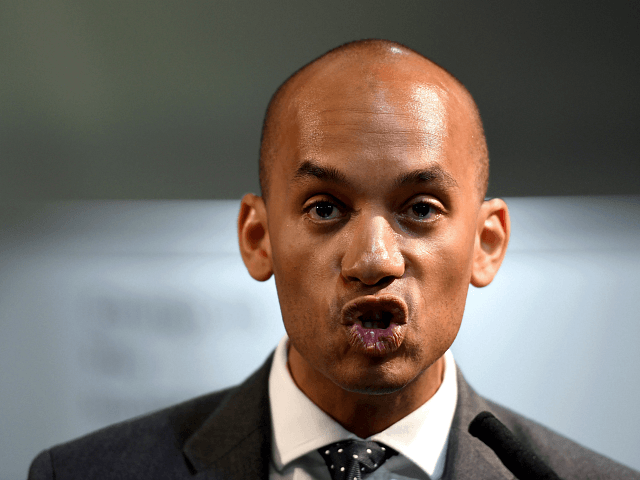Chuka Umunna has joined his third political party of the year, as he defected to the Liberal Democrats Thursday night.
Mr Umunna’s move is the latest act in an ongoing drama of political realignment in the UK eroding old party loyalties and the left-right dichotomy, with Brexit and issues around it increasingly seen as the key dividing line.
The former CUK frontman split from the Labour Party earlier this year to join the fledgeling Independent Group / Change UK / The Independent Group for Change, but abandoned the party along with five other colleagues after a disastrous few weeks in which the party failed to achieve a single seat in the European Parliament, gaining only 3.4 per cent of the national vote.
Umunna said in comments reported by the BBC that he had been wrong to think “millions of politically homeless people… wanted a new party”. The Streatham MP said he had “massively underestimated just how difficult it is to set up a fully fledged new party without an existing infrastructure”.
There it is. This isn’t just Labour factionalism, Chuka Umanna issues a come on to Tory moderates to join the Independent Group: “We invite you to leave your parties and forge a new political consensus for Britain”. Will they?
— Tom Newton Dunn (@tnewtondunn) February 18, 2019
Umunna’s comments on the difficulty of setting up a successful new party come despite the obvious success of the Brexit Party, which was even younger than his new CUK party, and managed to come first place in a national election just six weeks after being founded.
“If you want to end austerity you cannot do that if you are going to sponsor Brexit in the way that the two main parties are doing,” Umunna added.
Mr Umunna said he had realised “there isn’t room for more than one centre ground option” in British politics.
CUK Party Launch: Down to Earth Candidates Include Yoga Teacher and Ex-BBC Presenter https://t.co/qHbekESCiH
— Breitbart London (@BreitbartLondon) April 23, 2019
Outgoing Liberal Democrat leader Vince Cable welcomed Mr Umunna to the party, saying: “Chuka and I have worked together effectively for many months, campaigning for a People’s Vote and to stop Brexit.”
“I know that he will be a great asset to our party not just on Brexit, but in fighting for the liberal and social democratic values that we share,” Mr Cable added.
Many in the party may be wary of Mr Umunna joining, however, as he has a history of negative comments about the Liberal Democrats, particularly over their time in coalition with the Conservatives. In one statement he said: “Whatever common ground we may have with LibDems… I can’t forgive what they’ve done to my area” and that “I could never ever countenance that voters support Liberal Democrat… candidates”.
Whatever common ground we may have with LibDems & some Tories on Brexit I can't forgive what they've done to my area https://t.co/hMq7DEejah pic.twitter.com/vtvPzpBDE3
— Chuka Umunna (@ChukaUmunna) April 24, 2017
Mr Umunna’s latest U-turn is just a small part of a much wider trend in British politics in which a realignment is taking place. As seen at the European elections, voters are increasingly shifting away from the two major parties and seeing Brexit as the key dividing issue of the country. The Brexit Party and the Lib Dems (which ran on the slogan “bollocks to Brexit”) are the two parties with the strongest views on either side of the Brexit debate and are now in the ascendancy, routinely topping the polls, while Conservatives and Labour are struggling to maintain support.
The latest national election poll by YouGov shows the Brexit Party leading the pack with 26 per cent, followed by the Lib Dems and Labour jointly on 20 per cent with the Conservatives in fourth place on just 18 per cent. In the European Parliament elections, the Brexit Party and Lib Dems came first and second respectively, with Labour in a distant third place and the Conservatives slumping to fifth behind the Green Party, securing just 8.8 per cent of the national vote.

COMMENTS
Please let us know if you're having issues with commenting.